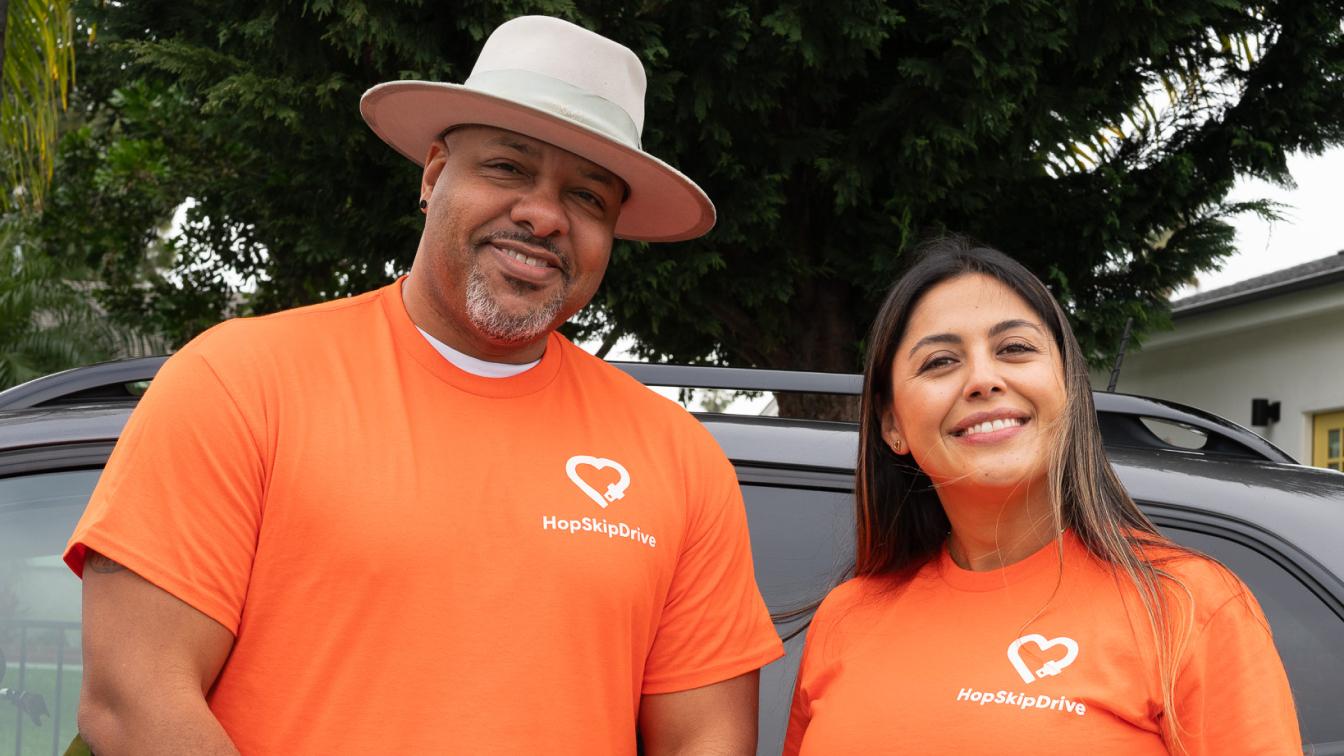During school closures, 3 million children never logged onto virtual learning
When the coronavirus pandemic forced schools to pause in-person learning in March 2020, many of us believed it would be just for a few weeks. Of course, this wasn’t the case at all. COVID-19 spread like wildfire across the country, and over half a million Americans lost their lives.
And while the virus raged on, a startling 3 million students received no education—they never logged on to virtual school.
In an
opinion piece published in the
New York Times this February, columnist Nicholas Kristof wondered: should we have been opening bars before we figured out how to open schools safely? And what is going to happen to our most vulnerable students—the ones who didn’t have the privilege of learning pods, parents with plenty of time to help with virtual learning, or even a decent internet connection?
Here are some of the facts divulged in the opinion piece:
FAFSA applications are down 10%, indicating that fewer high school seniors may be college-bound
In schools where the students are primarily of color, 5th graders math skills are 37% of what’s expected
The Federal Reserve Bank in San Francisco estimated that high school dropouts could increase by nearly 4% over the next decade
And these education concerns aren’t just in the United States. Across the world, education as we know it
came to a halt.
What can be done about this consequent learning loss?
Learning loss, sometimes referred to as the COVID slide, isn’t the most straightforward solve. After all, none of us have time machines—and we can’t get a whole year of schooling back. And some more universal, drastic ideas never caught on. For example, many experts recommend
in-person, intensive summer school during 2021. But, as we all know, this just didn’t happen.
To begin to reverse even a little learning loss, experts know it’ll take time—and a ton of hard work. But here are some ideas that might help:
Offering tutoring, after-school acceleration, and partnering with organizations within the community to amplify learning
Creating curriculum maps to figure out what got missed—and what needs to be folded into lesson plans
Crafting lesson plans that address learning deficiencies while introducing new ideas, too
Another critical element in undoing the COVID slide? Simply getting kids to and from school. And, of course, this comes with its own set of challenges.
So, how can we get kids back to school?
Fortunately, by March of 2021, about half of all American schools were open full-time. And, by the end of the school year, many more schools followed suit. Still, when schools reopened, things were anything but business as usual.
In our
2021 State of SchoolTransportation Survey, we spoke to executives, bus drivers, and administrators wholly focused on making sure kids can get to school safely and consistently. And 72% of them listed COVID-19 related issues as one of five top pain points.
The COVID-19 pandemic has worsened an already dire bus driver shortage, and CDC protocols have reduced the number of children who can safely ride on a school bus. Other families are eschewing carpool and public transit because of coronavirus concerns—especially as many children are not vaccinated.
Still, one thing’s for sure: transportation professionals are ready to do
whateverit takes to ensure all children—especially those who are most vulnerable—can get back to school. And, however they need us, HopSkipDrive will be here to help.



